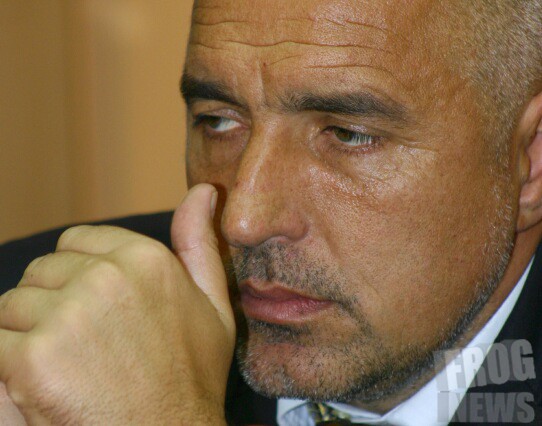BORISSOV: PENSIONS REDUCED THE FISCAL RESERVE
“The money from the fiscal reserve was allocated for the payment of higher pensions,” said Prime Minister Boyko Borissov for bTV yesterday. When GERB came to power in July 2009, the funds in the reserve stood at BGN 7.2 - 7.3 bn and now these are BGN 4.3 bn. The difference, according to Borissov, was due to the decision for a pension increase, made at the last meeting of the Cabinet of the Tripartite Coalition, which resulted in expenditures of BGN 1 bn per year. "The difference of BGN 3 bn cannot be covered from another source, apart from the fiscal reserve, given the economic growth of 1% and the financial crisis,” said the Prime Minister.
He reminded that, apart from this issue, when GERB came to power, State liabilities amounted to BGN 0.5 bn, a fact that former Finance Minister Plamen Oresharski also admitted. The heads of administrations from GERB even found outstanding liabilities under contracts signed by Governments previous to the one of the Tripartite Coalition- BGN 300 mln for the Siemens trains, BGN 300 mln for helicopters, BGN 30 mln for a water mirror and numerous unpaid debts to companies. “GERB has to now pay all these defaults,” said Borissov.
“The loan of BGN 500 mln for the Belene Nuclear Power Plant (NPP) exerted additional pressure on the budget. GERB has paid some BGN 30 mln in interest rates under this contract for three years. Apart from this, some BGN 100 mln were allocated for the loan for the Belene NPP,” said the Prime Minister. According to him, "the leaders of the Tripartite Coalition set these delay-action bombs in order to compromise the Government in the first year of its mandate and to come back when GERB is already removed from power."
At present, the financiers of the party are considering several options for finding a loan in order to pay the defaults. One of the probable measures is for external funding to be attracted. This has been delayed for three years because the Government has tried to fill the gaps on its own.






